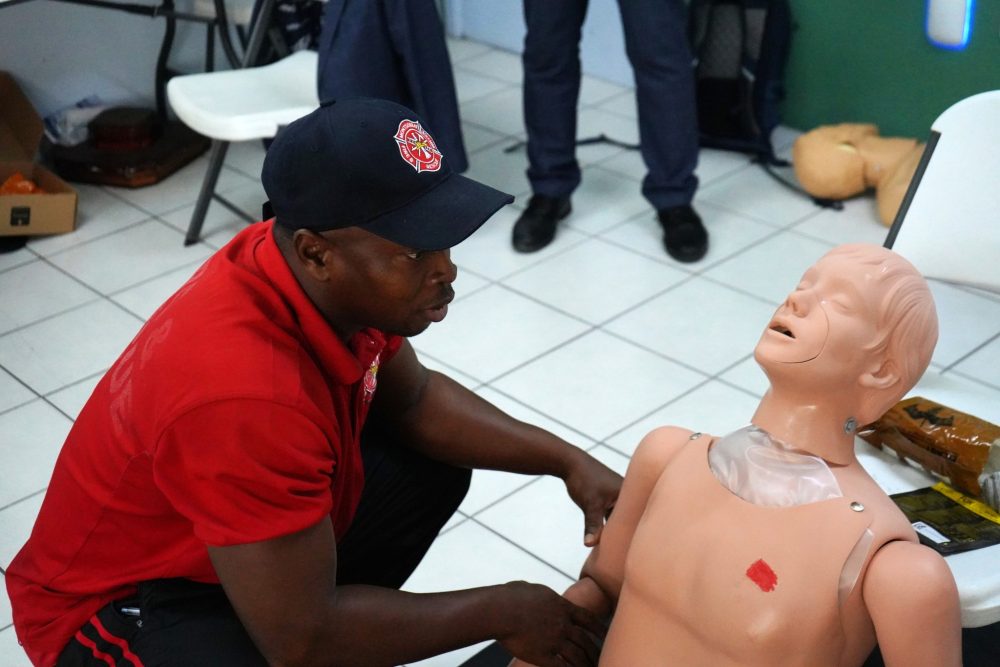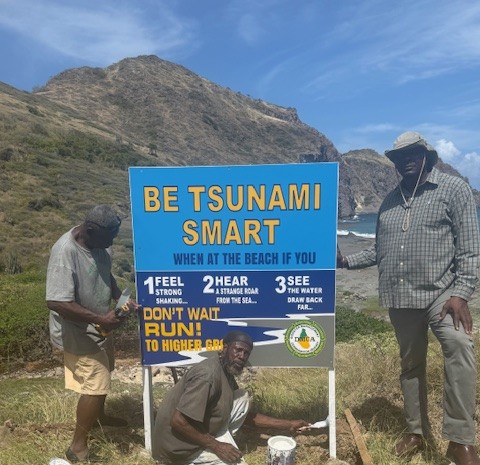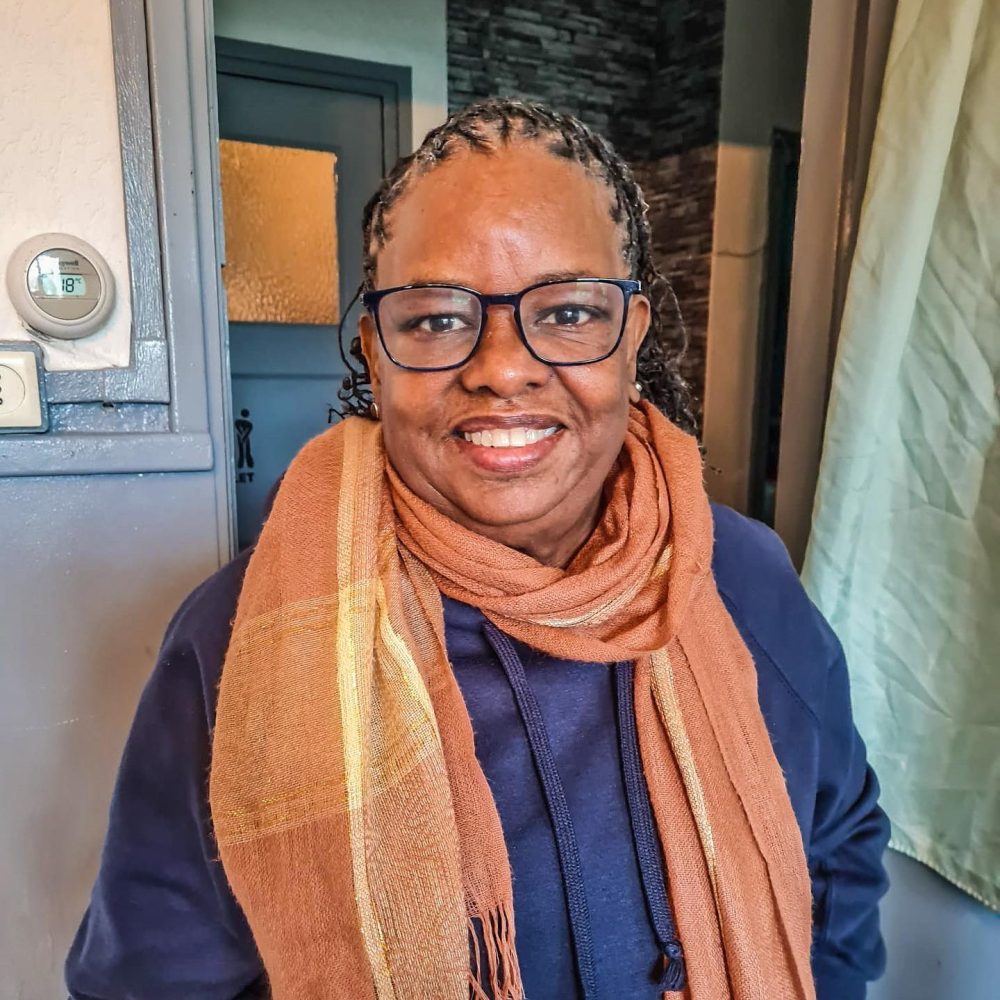
PARIS, France – Caribbean leaders have told their counterparts from all around the world who are gathered here for the United Nations Climate Change Conference (COP21), that their unique characteristics and special circumstances must be fully recognised and included as a cornerstone of a new agreement expected here next week.
The leaders said the voices of the most vulnerable and those with the least capacities must be heard loud and clear in the final document. St. Lucia’s Prime Minister Dr. Kenny Anthony said: “If I am found to speak with passion it can only be explained by the fact that I represent a Small Island Developing State which like others in common is characterised by its unique circumstances and special vulnerabilities.”
Dr. Anthony noted that emission reduction pledges that have been submitted so far indicate that the planet will warm by 2.7 degrees Celsius by the end of this century: “The devastating effects of climate change on our countries are well known and documented, yet despite irrefutable evidence and scientific data there appears to be a sinister attempt to downplay and negate the unique vulnerabilities of our stake in the outcome of COP21.” He said this is unacceptable and called for more ambitious cuts in greenhouse gas emissions.
Prime Minister Anthony’s Barbadian counterpart, Prime Minister Freundel Stuart, is concerned that the collective mitigation actions defined in the Intended Nationally Determined Contributions (INDCs) submitted thus far are not enough to realise the 1.5 degrees Celsius global goal that is the aspiration of Small Island Developing States: “This shortcoming challenges us to take a sober look at our current predicament and in the coming days define the path to success for the planet earth and for all of its peoples. Barbados’ Intended Nationally Determined Contributions commits us to doing our part as a small island developing state while also trying to make the required adjustments to cope with current and future climate challenges.”
St. Kitts and Nevis Prime Minister Dr. Timothy Harris said his country, like other SIDS has been undergoing many climate-related changes such as sea level rise, extreme weather events, prolonged and severe droughts and disruption to its reefs, coastlines and agriculture: “The dangers of climate change are real and present. The threat is existential. Greenhouse gas emissions from small island states like St. Kitts and Nevis are negligible yet our small island states continue to be adversely and disproportionately affected by the impacts of climate change. As responsible global citizens we are already acting locally to reduce our national carbon footprint even further.”
Grenada’s Prime Minister and Chairman of the OECS Authority Dr. Keith Mitchell said COP21 represents a defining moment in world history. He described the situation as historic as the world moves towards saving the planet and preserving life on earth for all its inhabitants and generations to come: “A defining moment to address the scourge of the impacts of climate change; a moment to commit to a paradigm shift and to set the path for a different future; a future characterised by low carbon emissions and climate resilient development consistent with a sustainable development pathway. We must have sufficient ambition as called for by the undisputed science to guarantee that the increase in global average temperature must remain below 1.5 degrees above the pre-industrial levels. We must commit to this as the overall goal of the new agreement.” Grenada has been identified among some of the most vulnerable countries with the least capacity to cope with the ravages of climate change.
Discover more from Discover Montserrat
Subscribe to get the latest posts sent to your email.



